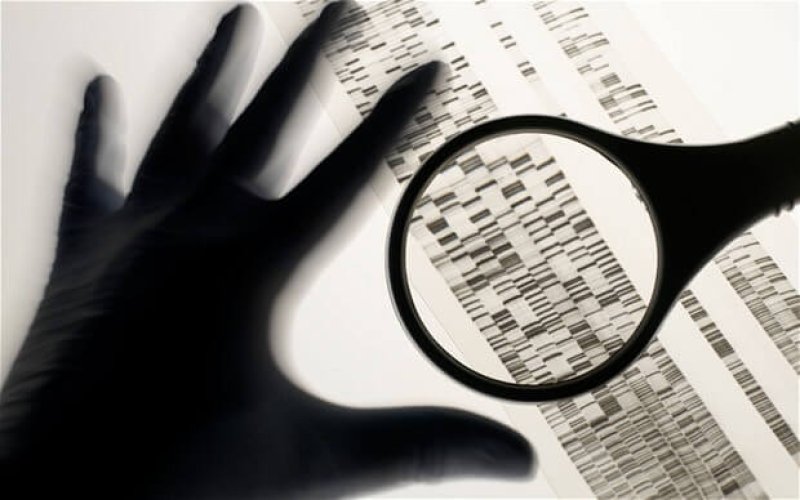As Maryland’s highest court upheld a rape conviction based on DNA collected from the arm of a police station chair, a veteran judge issued a stark warning about the consequences of the ruling.
“The majority’s approval of such police procedure means, in essence, that a person desiring to keep her DNA profile private, must conduct her public affairs in a hermetically sealed hazmat suit,” Judge Sally D. Adkins wrote in a dissenting opinion.
The rapist, Glenn Joseph Raynor, had challenged his conviction, arguing that police were wrong to swab his genetic material from the chair after he had refused to consent to giving a sample. But four judges of the Court of Appeals disagreed, ruling that police are free to scoop up DNA wherever they may come across it.
Raynor’s attorney could not be reached for comment.
The case reflects the continuing debate in Maryland and across the nation about the use of DNA and other technology to solve crimes. Forensic and digital evidence can be powerfully persuasive at trial, but some privacy advocates worry that it could be abused — especially as the technology to analyze the information improves.
Read the full, original story: Judge warns privacy of DNA at stake after ruling































